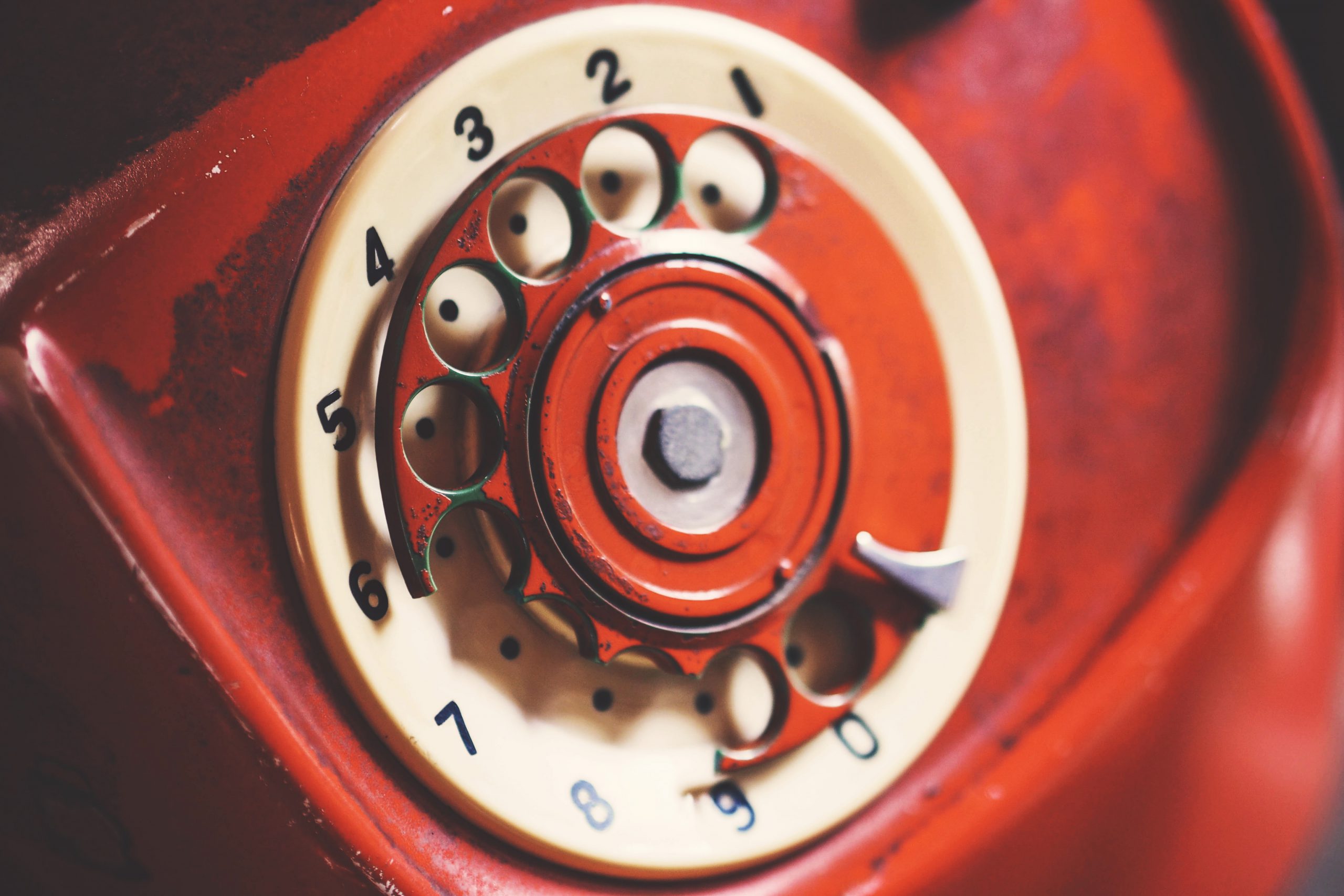You’re getting ready to make a call to a donor and your mind freezes. How should you prepare? What should you say? What if there’s trouble?
These are just a few of the questions and concerns every MGO has when preparing to make a call to a donor. Jeff and I and our Veritus Group managers around the country get a lot of questions about this topic. So our Client Experience Leaders got together and shared their ideas, which I’m passing on to you. We think you’ll find these practical suggestions helpful as you prepare for your next donor call.
First, before you do anything, visualize the outcome – this is a great place to start. It’s getting your head and your heart ready for the conversation. Here are some “get ready” points:
- Imagine what you’ll be hearing, knowing, feeling if the call goes well. Imagine what it is you want to have accomplished at the end of the call.
- Once you’re clear on the outcome, work backwards and do the research and come up with the questions you need answers to for the best results.
- If you start with the end in mind, even if the conversation goes in unexpected directions, the conversation will still work more naturally toward your goal.
- In addition, when you visualize success, you are coming from a positive place and your energy and voice invite the donor to talk to you.
- Keep your focus on the good feeling and outcome, even if the call goes in an unusual direction. Be curious and open, versus fearful and closed to possibility.
Practice what you’re going to say
- Once you are clear on the outcome and have come up with the questions you need to ask, practice ways to ask them. Do this out loud.
- You can practice in a mirror, while you are driving to work, or with a coach, colleague or friend.
- Think of the donors and what type of communication they prefer: Is it direct or more indirect? Do they like data and logic along with their story?
- Think about the relationship you have established so far and where you feel you are in the process of building trust with your donor.
Tips on good ways to say things
- Introduction – Start out introducing yourself, your role and organization, and thanking the donor for his latest gift. If he gave to an after-school program, thank him for giving specifically to that program and share one short positive fact or story about the program. Help him see the difference he’s making.
- What if donor giving has been down? – If a donor hasn’t given in a couple of years you want to find out why, so how do you do that without being offensive? Being transparent and honest is the key. Also, it’s important to frame the question so the topic is about the organization and the donor’s relationship to it, not the donor. “I noticed that you haven’t given in the last couple of months/years. Is there anything that we could do to encourage you to consider giving to us again? Or is there anything we haven’t done right or need to do differently?” You may even say you feel a bit awkward asking this, which demonstrates to the donor that you’re real and want to respect him or her. People like to be asked for their opinion or advice. So, rather than have questions directed at them, you could ask them to share with you what appealed to them when they were giving generously to a certain program. This point is to prepare a respectful and careful dialogue about what’s going on with the donor, related to the organization.
- Discovering a Donor’s Passion and Interest – If you don’t already know, it is important to keep trying to uncover the donor’s interests and passions. Use questions like: “How did you first hear about the Organization? What was it about the Organization that made you want to donate? Have you been told, specifically, what your money is helping with?” Then share the list information. “You have affected so many people here at Organization, which is why I’d like to get to know you better and find out more about what you care about the most.” Or, “So what is your story… why do you give to the Organization?”
- What if donor is vague? – Go into a bit more of what you do…”You may not realize that we also”…then maybe say…”One of the things we love to do with people is show them what their money is doing”…then if the donor’s interest is piqued, go with telling him what his money is doing. Tell your donor you want to send updates and stories on programs that most interest him. Then give him three different choices and see where his interest might be. Often, it is difficult for donors to say what they are interested in. So if you lead with a group of possibilities, they will find it easier to choose.
Here are some behaviors that will not help you one single bit
- Calling a donor when you’re unprepared to answer questions or talk about outcome.
- Going into the call with a negative attitude or anxious energy.
- Throwing a bunch of questions at a donor because you are nervous. A donor can only answer one question at a time and may not answer the most important question. Practice asking one question at a time and then waiting in silence for an answer.
- Talking too much because you are nervous. This doesn’t give the donor a moment to reflect, share, ask a question, or tell you what she wants or needs.
- Taking the donor’s response personally and then avoiding calling from that point forward.
- Leaping to the conclusion that just because a donor said she doesn’t want to visit in person, she will never want you to visit. Go back to stewarding the donor in the most beautiful way you can, and then try again at a later date.
And then, finally, here are some strategies for reaching donors
- Make sure you try calling on different days and at different times. Don’t leave a message until you have tried extensively. You may want to take an evening and try calling at night as well.
- Once you have tried to call numerous times you might send your donor a note saying you would like to have a few moments to thank him via phone and update him on the program he has been supporting. Let him know a day and range of time you will be calling. Tell him if that if it’s a problem he can let you know, so include your phone number.
Getting a donor to talk to you and then knowing what to say is not an easy task. And it is one of the most frustrating parts of an MGO’s job. I think this list of ideas helps make it easy, and I want to extend my thanks to our CELs for sharing it with Jeff and me.
Now, turn to that list of calls you need to make today and start getting ready. It is going to be fun AND fulfilling!
Richard
PS — I originally posted this a few years ago, but I thought you’d like it as a lead-in to my next post about structuring your first donor contact. Stay tuned!





0 Comments